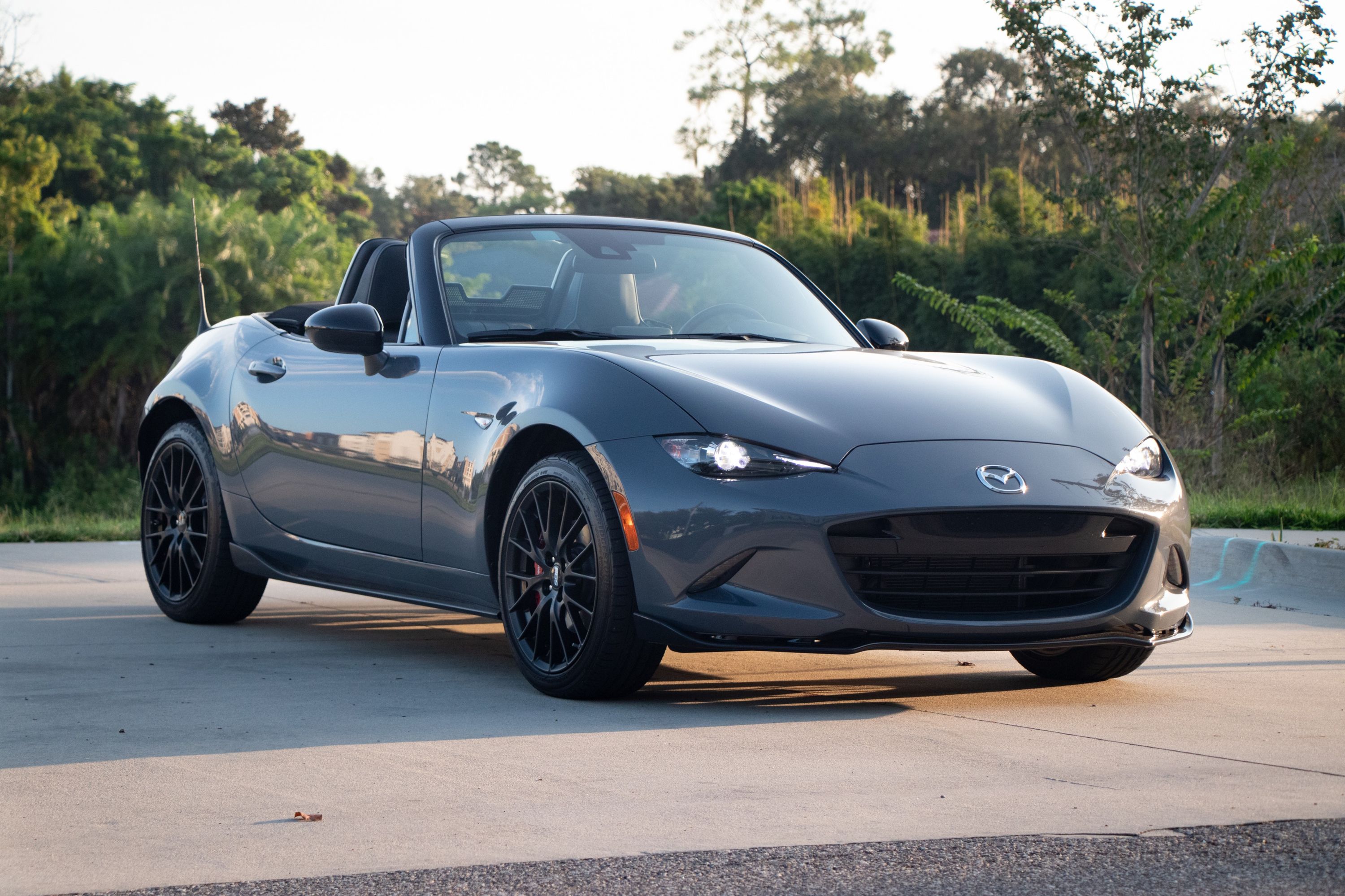
Automakers are forever trying to persuade us that self-driving technology will revolutionize the car industry in the future. Uber perhaps isn't the best advocate following safety concerns over its self-driving taxis breaking traffic laws in San Francisco, but that hasn't stopped the company from working on its next innovation to bring flying cars closer to reality. After forming its new Uber Elevate division with NASA engineer Mark Moore, the ride-hailing company has announced ambitious plans to trial a new flying taxi service in Dallas and Dubai in 2020.
Announced at the Elevate conference in Dallas this week, Uber is so serious about its future on-demand flying taxi service that it's teamed up with five different manufacturers to develop the flying vehicles, including aviation companies such as Embraer and Bell Helicopter, as well as Hilwood Properties to identify potential take-off and landing pads, or "vertiports," as Uber calls them. The flying cars will be lightweight and electrically powered with zero emissions, and will be able to vertically take off and land like a helicopter. "Urban aviation is a natural next step for Uber in this pursuit, which is why we are working to make 'push a button, get a flight' a reality," Uber's chief product officer Jeff Holden said.
The service is designed to ease traffic congestion, reduce travel times, and offer a cheaper means of transportation than owning a car in the long term. Given Uber's recent spate of controversies and substantial losses last year reported to be $2.8 billion, launching the unproven technology as early as 2020 seems like a lofty goal - and that's without factoring the public's skepticism about autonomous technology.


